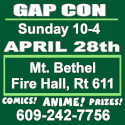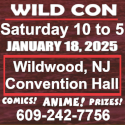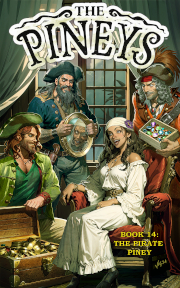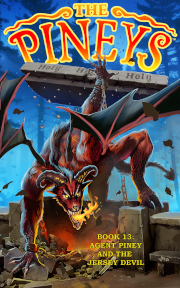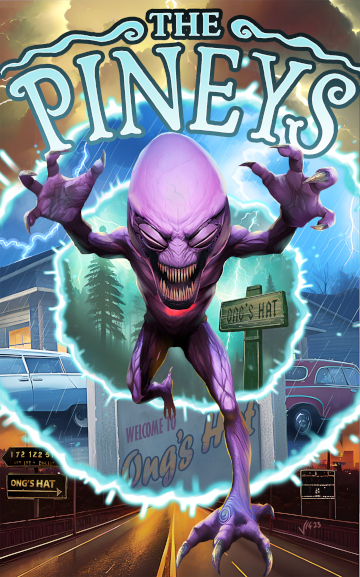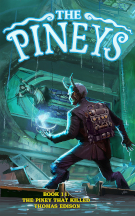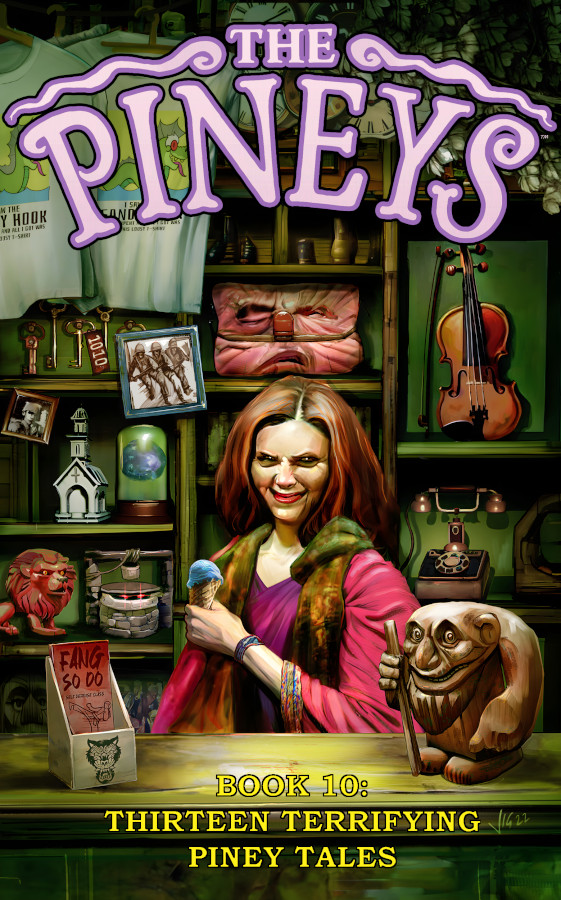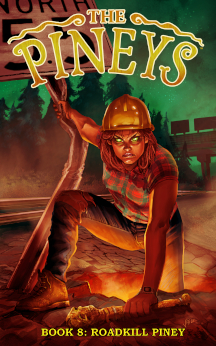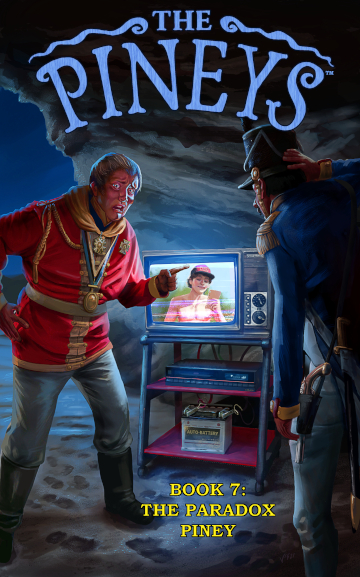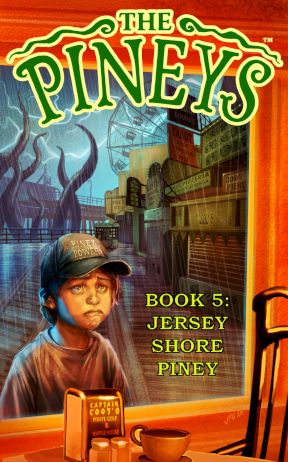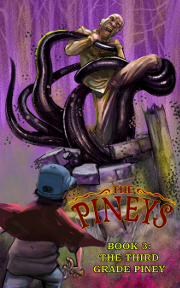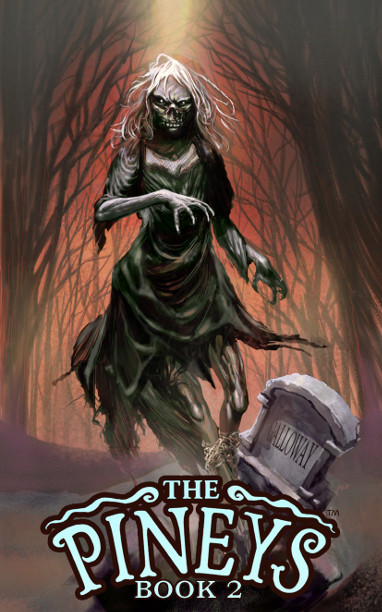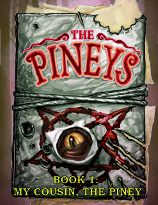Life Skills for Fanboys: Presenting Your Project
on February 17, 2014 at 12:01 amLife Skills for Fanboys: Presenting Your Project
written by Tony DiGerolamo, Copyright 2014
To further my goal of helping fellow fanboys, I have included an index of links of previous columns with their topics. Don’t take it personal, I’m just trying to help. Previous columns are indexed at the end.
Fans vs. Pros
In a previous column, I talked about Fans vs. Professionals. There are a lot of geek fans out there doing their own projects: books, comics, costuming— It runs the gamut. Here now are a few tips to present your geek project more professionally and seriously.
Just for Fun Projects
You might be saying, “But I’m not really interested in being a pro, I’m just doing this project with my friends for fun!” That’s cool. Kudos to you. I have absolutely nothing against that. However, stay in the “amateur section”. Ya know, give away your project a club meetings and filk get-togethers and such. Don’t compete with the near-pros or pros. The near-pros are struggling, trying to elevate themselves to pro status. The pros, just like the near-pros, are there to make some money. If you set up a table and give away a comic, it kind of undercuts everyone try to sell their comic.
Most “just for fun” projects aren’t pro-level products anyway. Understand, that if you did them just for fun and gave them away to friends, you’re not getting a real gauge of the quality. People just like getting free stuff and no one likes to tell their friend that his artwork sucks or his story is boring. Keep it in perspective, fanboy.
The Long March to Pro
Okay, so you’ve decided to self-publish and start a writing career. Maybe you have a comic or a series of funny songs. Whatever you’re doing, understand that professionals have similar goals with their projects.
1. To Make Money: This doesn’t mean that money is the overriding goal of everything related to their creativity, it just means that the creator would like to make a buck or two off of his creation. Quite simply, it’s a way to gauge if you’re any good. It’s not the ONLY way and certainly I’ve seen fanboy projects that have sold very well that were terrible, but it is ONE way to tell that you may have something. Consequently, in whatever you do, you set up your project like a small business. Eventually one day, you’d like to make a living at your project. It may not happen, but you should be ready if you have that opportunity.
2. To Gain Exposure: The second objective is to gain exposure for your project. The more people that know about it, the more likely it is that you will sell your copies. You have to seek out podcasts, TV shows, websites and other related media to spread the word. It doesn’t hurt to spend a little money on ads if you can afford it. And even if you attend a con and don’t make much money, the convention itself is often a venue to promote.
3. To Be Known For Your Project: Some creators, especially comic book artists, are often shy around strangers. They’d rather draw than talk. You have to be clear when addressing potential fans or media outlets: this project is what you do. You love it, because if you don’t love it no one else will. (By the way, if you don’t love it, you may want to reconsider even doing the project.)
How to Get There
Okay, so now you understand the objectives. How do you get there? Well, ABP. Always be Professional. These tips are a must for anyone going out in public to present their project.
1. Look Happy to be There: You went to a lot of trouble to do your project and book a convention, be happy about it. I understand that sometimes it can be hard work, maybe you’re tired or sick or just frustrated. But when you’re presenting you project you must always be “on”. ABP. Always be Positive as well as professional. Groom. Smile. Have energy. You can crash out at your hotel room later and bitch that the con sucked, don’t do it in front of fans or media. Ever.
2. Plan Your Set Up: Again, you’re running a small business. You’re selling things, so be prepared, be on time or early. Bring change, keep track of inventory and get yourself one of those little squares so you can take credit card orders over your smart phone. It’s good to have bags, although conventions often pass them out. Bring a tablecloth and extra chairs if need be. You can be display pieces at stores like Staples to help present your project more neatly.
3. Plan What You’re Going to Say: I have a pitch for each of my comic book projects. In one sentence, I can tell you what they are about, the price— Anything a fan needs to know. You should know your product just as well. Be prepared. Know what to say. Practice at home a few times if you have to and it never hurts to warm up right before a show.
4. The Human Equation: You have to eat and poop, so plan on doing that if you’re at a long convention. It’s good to have a second person to help you. The Missus helps me. She knows all my pitches and all my product. I can go grab a hotdog, while she watches the table. It’s good to take a break once in a while so you’re fresh when you start pitching to fans again.
5. Have Your PR Ready: Press releases and bios are handy to have. Write them. I like to keep mine on The Webcomic Factory site. The more professional media organizations will ask for these if they do a story on your and your project. Also, try to keep them as up to date as possible.
6. Have a Look: If you’re an artist, look like one. If you’re a musician, look like one. Dress well or dress appropriately to the image you want to present. If you’re a publisher, a suit and tie won’t kill you. The better you dress, the more likely people will listen. Creative types tend to get away with more, but don’t show up in your jammies. How you present yourself is almost as important as how you present your project.
Things You Have to Deal With
1. Rejection: Some fans just won’t like you or be into your stuff. The best thing you can do if a fan isn’t interested is just move on. Maybe if the con is completely dead, you can try a hard sell and hope the fan gives you a chance, but more often than not just go to the next one. It’s a waste of time and it looks like your begging. Begging makes you and your project look weak. Avoid weakness in public at all times. You want to come off strong and confident. Accept the rejection and move on.
2. Be Polite: Politeness costs nothing. Say hello. Try to be conversational at all times. Sometimes, you’ll be busy. Try to remain happy. Say “Excuse me” and “Thank you”, even if you don’t mean it. They’re customers and you’re at work.
3. Annoying Fans: Some fans are just annoying and they try your patience. They hold drippy ice cream cones over your product, they let their kid run wild, the bump into things— You name it. Remain polite, but firm. “Oh, I’m sorry, sir, I can’t have that ice cream near my books. Thanks.” There will be a few incidents. Always be the bigger person. Losing a couple of pieces of product is better than losing your cool in public.
4. Your Friends: Your friends will come to see you at cons and you will make friends at the con. Make it clear to them that your priority at the convention is to sell and be professional. Don’t let your friend stand in front of your table and babble for hours. You can talk to him later after the Dealer’s Room closes. “Hey, man, why don’t I catch up to you later and we’ll do dinner. I gotta work this table.”
5. Convention Organizers: Most are fine, fine people. A handful can be trying. Sometimes they get frustrated and change things at the last minute. I once had to trade tables with James O’Barr because the con organizer put him in a really bad spot and he had a ton of prints to sell. I helped the con organizer out without a fuss and later it paid off next year when I got a really good table. Con people also screw up the guide all the time. They often do it last minute and have volunteers working for them. Don’t freak out. Politely inquire what happened and try to politely make sure it doesn’t happen again.
Previous Columns
The Line Between Fans and Pros
